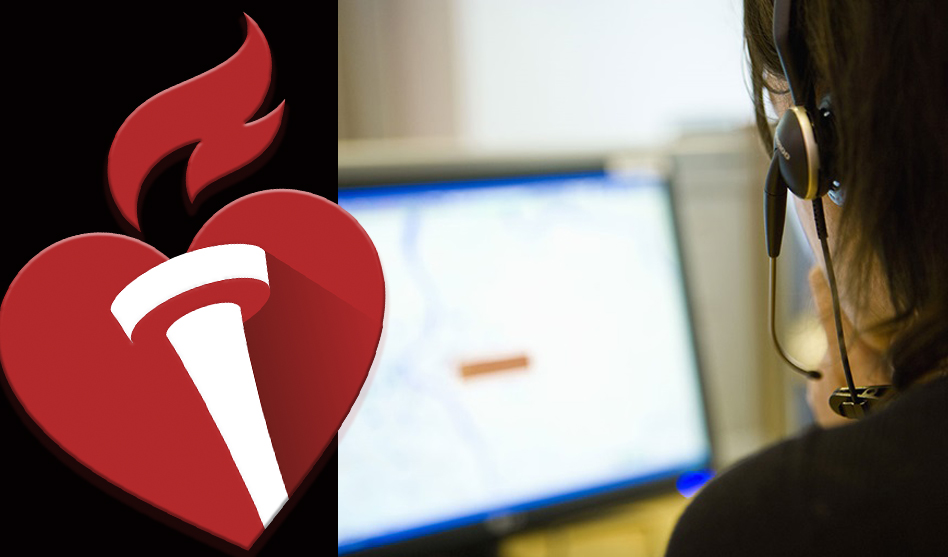Texas enacts law to train 9-1-1 dispatchers in telecommunicator CPR for callers reporting out-of-hospital cardiac arrest
SPONSORED CONTENT

Texas Gov. Greg Abbott has signed House Bill 786 into law, requiring all telecommunicators in the state to be trained in telecommunicator CPR (T-CPR). The American Heart Association, the world’s leading nonprofit organization focused on heart and brain health for all, has led the effort to expand T-CPR training for instances of out of-hospital cardiac arrest.
More than 350,000 Americans experience an out-of-hospital cardiac arrest each year, only about 1 in 10 victims survives this dramatic event. CPR, especially if performed immediately, can double or triple a cardiac arrest victim’s chance of survival.
Telecommunicators, including dispatchers and emergency call takers, are the true first responders and a critical link in the cardiac arrest chain of survival. Working with the 9-1-1 caller, telecommunicators have the first opportunity to identify a victim in cardiac arrest and provide initial care by delivering CPR instructions while quickly dispatching emergency medical services.
“A telecommunicator who effectively engages the caller, identifies the cardiac arrest and coaches effective CPR could double or triple the chances of survival from sudden cardiac arrest, they are truly the first responder,” said Matt Zavadsky, chief transformation officer at MedStar Mobile Healthcare (MedStar). “Through these actions, the telecommunicator can make the difference between life and death.”
North Texas is paving the way in lifesaving resuscitation efforts, collaborating with MedStar and the city of Grapevine to strengthen the chain of survival. Both agencies have recently implemented Resuscitation Quality Improvement® Telecommunicator (RQI® -T) to prepare telecommunicators to deliver high-quality telephone CPR, funded by Communities Foundation of Texas through the association’s Don’t Die of Doubt campaign.
RQI-T is a blended educational and resuscitation quality improvement program that provides continuous, simulation-based mastery learning, practice and analytics to telecommunicators for delivery of high-quality telephone CPR to bystanders. The program is co-developed by the American Heart Association, Laerdal Medical and the Resuscitation Academy Foundation and delivered by RQI Partners, the partnership between and service provider for the Association and Laerdal.
Though 9-1-1 is frequently called, the majority of individuals who experience out-of-hospital cardiac arrest do not receive CPR. Telecommunicators must partner with callers to quickly identify cardiac arrest and, in turn, provide T-CPR instructions while rapidly dispatching the appropriate medical response.
“This law is an important step forward in strengthening the chain of survival after an out-of-hospital cardiac arrest,” said Alec Puente, state government relations director for the association. “HB 786 will enable more Texans to benefit from bystander CPR regardless of where their emergency occurs.”
“The state should ensure T-CPR training follows evidence-based, nationally recognized guidelines for high-quality T-CPR,” Puente added. “All 9-1-1 telecommunicators should receive formal T-CPR training and regular refreshers. State and local governments should dedicate funding or secure no-cost opportunities for effective implementation of T-CPR training and ongoing quality improvement requirements.”
For more information visit https://cpr.heart.org/en/resuscitation-science/telecommunicator-cpr.
This message is brought to you by the W.W. Caruth, Jr. Fund at Communities Foundation of Texas.















